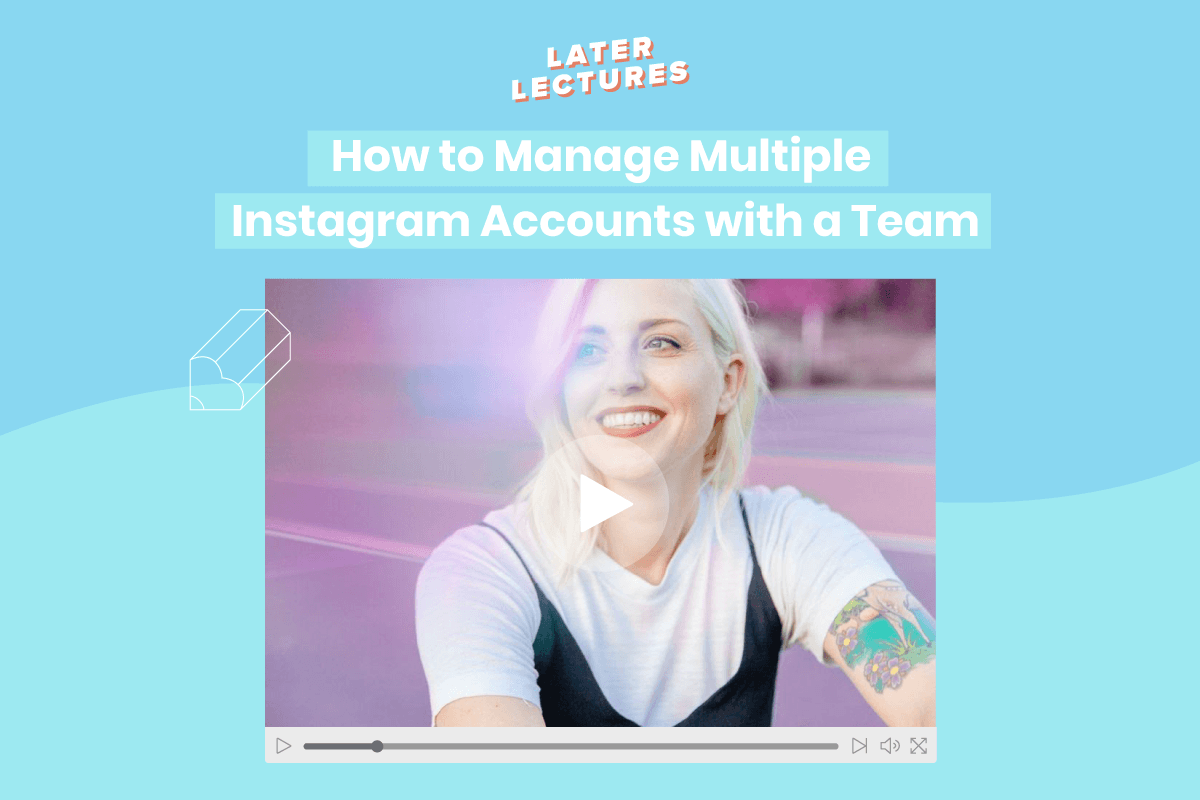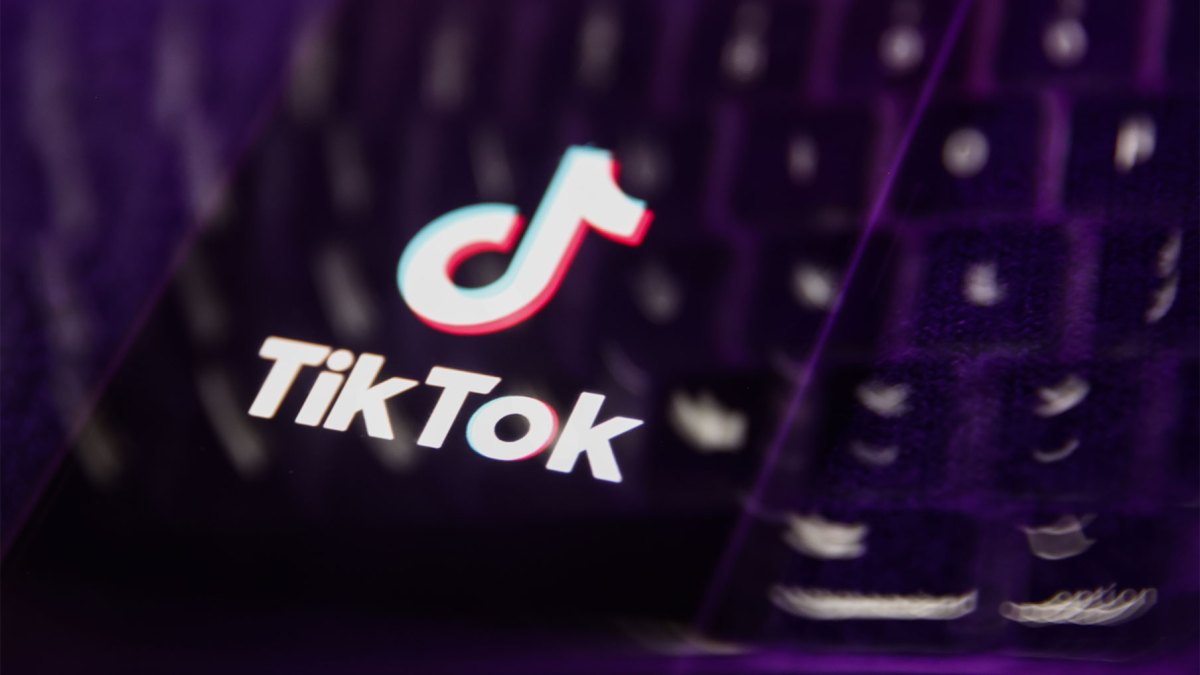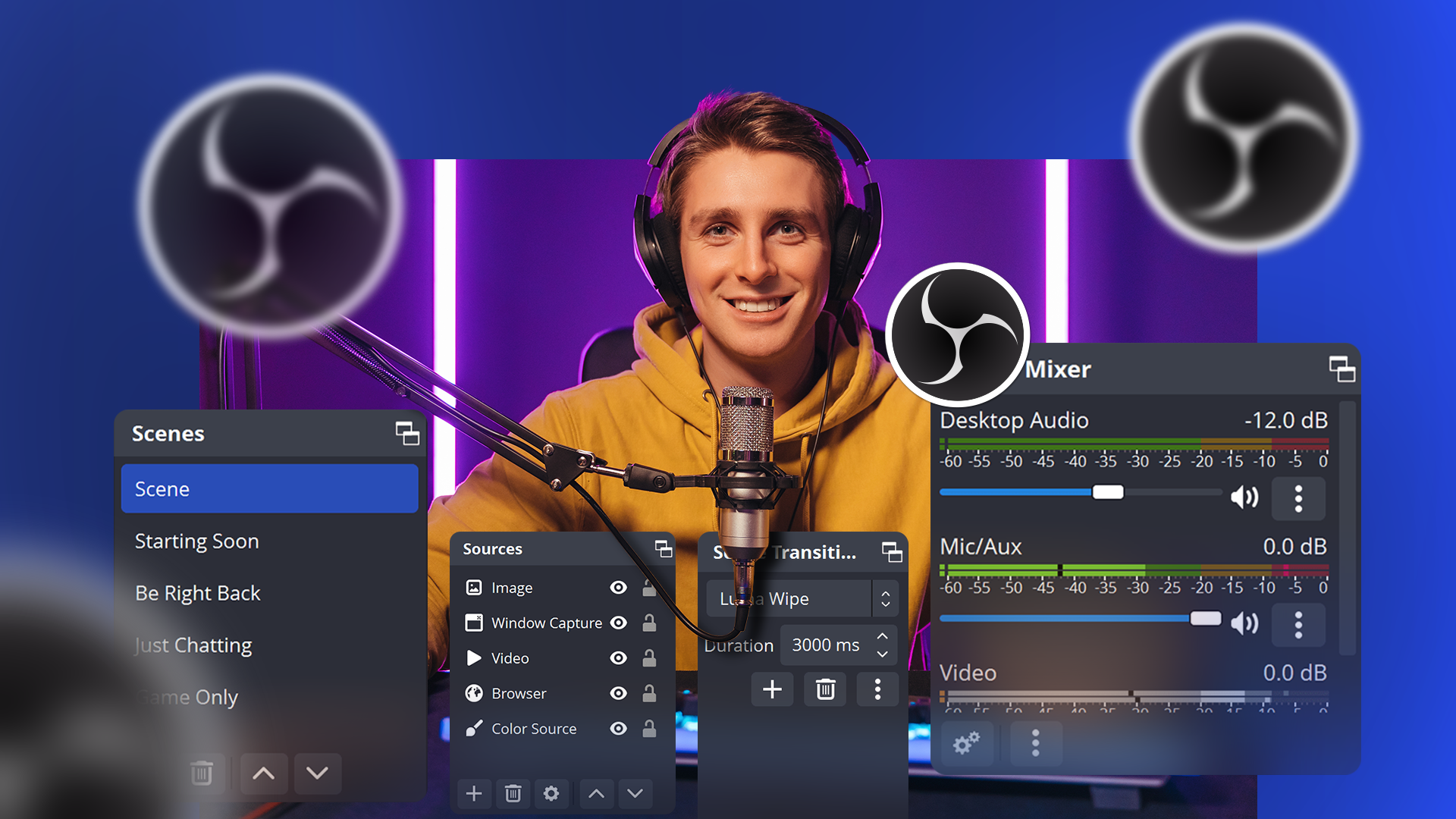More data has emerged showing that Google’s AI Summaries are wreaking havoc on digital publishers’ business models.
According to a member survey from Digital Content Next (DCN), a nonprofit group that represents many of the best-known names in publishing, median year-over-year referral traffic from Google Search was down 10% in May and June. Some of the worst-hit publishers reported click-through declines of as much as 25%. The nonprofit represents outlets such as The New York Times, Bloomberg, Fox News Digital, and NBC News.
Non-news brands took the biggest hit, down 14% year-over-year in the past eight weeks, while news brands fared slightly better, falling 7%. Some weeks were particularly bad for publishers. News brand referrals from Google plunged 16% the week of May 25, while the number for non-news brands fell 17% in the week of June 22.
This isn’t the first time we’ve heard rumblings about how Google’s AI Overviews, which emerged in 2023 and saw a wider rollout in May 2024, are bad news for the publishing industry.
Last month, the Pew Research Center found that among search users presented with AI summaries, only 8% clicked on a link in the search results, compared with 15% among those shown search results without an AI Overview. Meanwhile, 26% of the 900 people the study monitored ended their browsing at the AI Overview, compared with 16% who ended their session after only getting traditional search results.
DCN suggested several remedies that would help publishers. These include forcing Google to disclose auditable data on AI Overview click-through rates and giving publishers a way to block the use of their content in AI-generated answers without sacrificing their Google search visibility. The nonprofit also called for the search giant to strike fair licensing deals with publishers and for regulators to treat AI Overviews and AI Mode “as part of Google’s search monopoly.”
“This is not a call for special treatment. It’s a call to preserve the integrity of the open web,” said a DCN spokesperson. “We must ensure that the same AI ‘answers’ users see at the top of Google Search don’t become a free substitute for the original work they’re based on.”

Get Our Best Stories!
Your Daily Dose of Our Top Tech News

By clicking Sign Me Up, you confirm you are 16+ and agree to our Terms of Use and Privacy Policy.
Thanks for signing up!
Your subscription has been confirmed. Keep an eye on your inbox!
AI-generated summaries could ultimately mean “fewer sources, weaker journalism, and a less informed public,” DCN concludes.
Google, however, claims that AI Summaries actually increase “high-quality clicks,” where users stick around to browse the website, even if overall traffic goes down. However, the company did not break out details on how its Gemini AI impacts news in particular.
Recommended by Our Editors
“Overall, total organic click volume from Google Search to websites has been relatively stable year-over-year,” Liz Reid, VP and Head of Google Search, said earlier this month. “Additionally, average click quality has increased, and we’re actually sending slightly more quality clicks to websites than a year ago (by quality clicks, we mean those where users don’t quickly click back — typically a signal that a user is interested in the website).
Reid suggested that reports like the ones from Pew and DCN are “often based on flawed methodologies, isolated examples, or traffic changes that occurred prior to the rollout of AI features in Search.”
Though there is no way to turn off AI Summaries, we have a few tricks for reducing them.


I Tried Gemini on the Galaxy Watch 8 and it Wowed Me | All Things Mobile
Like what you’re reading? Don’t miss out on our latest stories. Add PCMag as a preferred source on Google.
About Will McCurdy
Contributor











